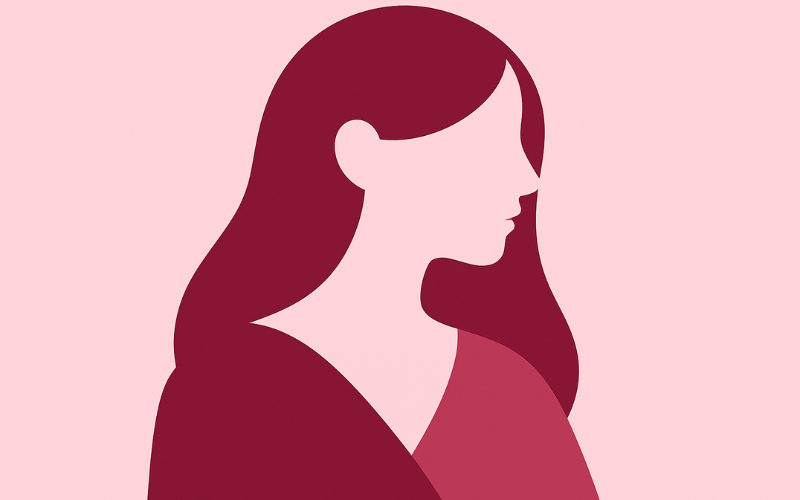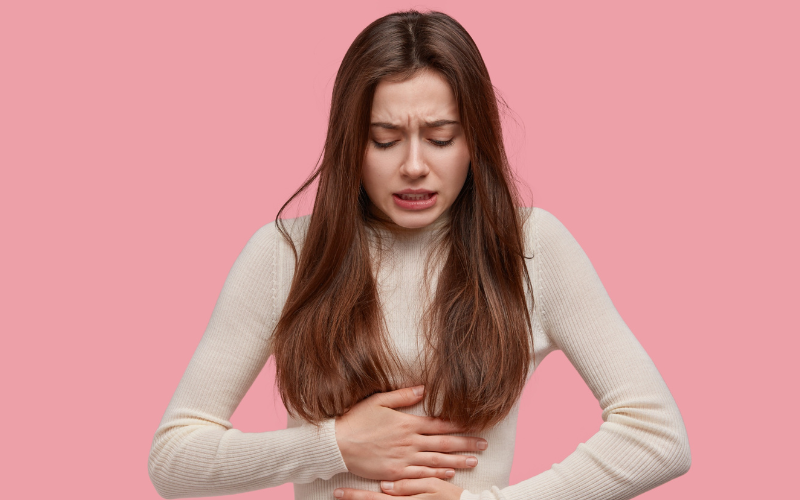You’ve heard the acronym. You might even have the diagnosis. But PCOS-Polycystic Ovary Syndrome-is more than a hormone problem. It’s a whole-body condition that affects millions of women, and for many, it feels like navigating a maze of symptoms without a clear way out.
Let’s clear the fog. Whether you’ve just been diagnosed or you’re still connecting the dots, this is your grounded, practical guide to understanding PCOS and exploring what actually helps.
First Off, What Is PCOS?
PCOS is a hormonal disorder. Despite the name, you don’t need to have cysts on your ovaries to have it. What’s actually going on?
Three key features often show up:
- Irregular or absent periods
- Elevated androgens (male hormones like testosterone)
- Polycystic ovaries (visible on ultrasound, but not always present)
You only need two of those three to be diagnosed. It’s not one-size-fits-all—and that’s exactly what makes it tricky.
Common Symptoms You Might Not Realize Are Linked to PCOS
Some signs are obvious. Others? Not so much.
- Irregular or missed periods
- Excess hair growth (face, chin, back, chest)
- Acne that won’t quit, even in your 20s or 30s
- Thinning hair or hair loss on the scalp
- Weight gain, especially around the belly
- Insulin resistance or prediabetes
- Fatigue and mood swings
- Trouble getting pregnant
And then there’s the emotional toll: anxiety, frustration, and the feeling of not being “in control” of your body.
What Causes It?
There’s no single cause—but most research points to a mix of insulin resistance, genetics, and inflammation. When your cells don’t respond properly to insulin, your body pumps out more to compensate. That insulin spike, in turn, messes with your ovaries, pushing them to produce excess androgens.
Boom-your cycle is thrown off, acne may worsen, and ovulation becomes inconsistent.
But this also means that lifestyle shifts and targeted support can make a powerful difference.
Treating PCOS: Options That Go Beyond the Pill
The standard medical response? Birth control pills. And for some, they work. They regulate periods, reduce androgen symptoms, and improve skin.
But they don’t solve the underlying imbalance. They’re a band-aid. If you’re looking for deeper healing-or simply want non-hormonal alternatives-read on.
1. Food: Your Foundational Medicine
You don’t need a fad diet. You need blood sugar stability.
That means:
- Prioritize protein and fiber in every meal
- Reduce refined carbs and sugar (no need to cut all carbs)
- Eat consistently—don’t skip meals
- Include healthy fats: avocado, olive oil, nuts
- Think colorful plates (veggies = nutrients = hormone helpers)
Some women do great on low-GI or Mediterranean-style eating. It’s not about restriction. It’s about balance.
2. Movement: Choose What Feels Good
Exercise improves insulin sensitivity. It reduces inflammation. It lifts mood. But you don’t need to destroy yourself in the gym.
Actually, overdoing high-intensity workouts can raise cortisol-which doesn’t help hormones.
Try:
- Strength training 2-3x a week
- Walking after meals
- Gentle yoga, stretching, or pilates
Consistency matters more than intensity.
3. Supplements That Support
While everyone’s needs differ, certain supplements are well-studied for PCOS:
- Inositol (myo- and D-chiro): Improves insulin sensitivity and ovulation
- Magnesium: Calms nerves, reduces inflammation
- Vitamin D: Many with PCOS are deficient
- Zinc: Helps with acne and androgens
- Omega-3s: Anti-inflammatory and hormone-supportive
Always check with your healthcare provider before starting new supplements, especially if you’re on medications.
4. Sleep: The Unsung Hormonal Hero
Poor sleep affects insulin, cravings, mood, and even inflammation.
Aim for 7-9 hours of solid, restful sleep. Try winding down with:
- A warm magnesium-rich drink
- Screen-free time before bed
- A dark, cool room (yes, blackout curtains help)
You might be surprised how much better your hormones behave when you’re sleeping well.
5. Stress Reduction Isn’t a Luxury—It’s a Strategy
High cortisol levels (from chronic stress) can worsen insulin resistance and increase androgens.
You don’t need a full spa day. You need moments:
- Deep breathing
- Journaling
- A quiet walk outside
- Saying “no” to one thing this week
Protecting your peace is protecting your hormones.
6. Skin Support: The Outside Matters Too
With PCOS, skin can feel like a battleground-acne, inflammation, sensitivity.
Harsh scrubs and aggressive actives often make things worse. What your skin needs is calming, hydrating, and balancing care.
That’s where thoughtfully formulated serums can help-targeting blemishes, supporting barrier repair, and reducing inflammation from the outside in.
The Bottom Line
PCOS is complex. It can be frustrating. But it’s not unbeatable.
Understanding what’s driving your symptoms-whether it’s insulin resistance, inflammation, or stress-opens the door to long-term healing. Small, consistent shifts add up.
You don’t need to “fix” yourself. You just need support that works with your body, not against it.
One More Thing…
At joinpomegranate.com, we know that your skin is part of your hormone story.
Our serums-like the Anti-Blemish Serum and Skin Correcting Serum-are designed to calm irritation, support healing, and nurture your skin gently. Because you deserve skincare that understands the bigger picture.
You’re not alone in this. And your body? It’s worth supporting-every step of the way.




